When it comes to baking, having the right ingredients is essential for creating delicious treats. Baking soda, known for its leavening properties, is a common staple in many recipes. However, what happens when you run out of this key ingredient? Exploring substitutes for baking soda opens up a world of possibilities to continue baking without missing a beat. From practical alternatives found in your pantry to creative solutions that mimic the effects of baking soda, discovering these substitutes can be a game-changer in the kitchen. Let's delve into the realm of baking soda replacements and uncover innovative ways to keep your baking endeavors thriving.
Are there natural substitutes for baking soda?
Yes, ingredients like buttermilk, yogurt, vinegar, or lemon juice can react with other components in a recipe to create a similar leavening effect as baking soda.
Related: 5 Substitutes for Baking Powder
How does baking powder differ from baking soda as a substitute?
Baking powder is a combination of baking soda, cream of tartar, and sometimes cornstarch. It acts as a leavening agent similar to baking soda but already contains an acid, making it suitable for recipes that do not include acidic ingredients.
How do I determine the right substitute for my recipe if I don't have baking soda?
Consider the acidity level of your recipe and choose a substitute that will react appropriately with other ingredients. Experimentation may be needed to achieve the desired results when using substitutes for baking soda.
Baking Cookbooks
- Hardcover Book
- Kieffer, Sarah (Author)
- English (Publication Language)
- 448 Pages – 10/26/2021 (Publication Date) – Trusted Media Brands (Publisher)
- Amazon Kindle Edition
- Kline, Saura (Author)
- Hardcover Book
- Lloyd, Bobbie (Author)
Potassium Bicarbonate
This is another leavening agent that can be used as a substitute for baking soda. Potassium bicarbonate is similar to baking soda but can be a bit less potent, so you may need to use slightly more in your recipe.
Related: 13 Substitutes for Shortening
Self-Rising Flour
Self-rising flour contains baking powder and salt, making it a convenient substitute for baking soda in recipes that call for it. However, using self-rising flour may alter the flavor and texture of the final product.
Buttermilk
Buttermilk is slightly acidic and can react with other ingredients in a recipe to create a leavening effect similar to baking soda. It works well in baked goods like pancakes, biscuits, and cakes.
Yogurt
Like buttermilk, yogurt is acidic and can help with leavening in recipes. It adds moisture and a tangy flavor to baked goods while also aiding in the rising process.
Vinegar
Mixing vinegar with baking powder can create a reaction that mimics the leavening properties of baking soda. Use a 1:1 ratio of vinegar to baking powder as a substitute in recipes.
Related: 5 Substitutes for Brown Sugar
Baking Powder
One of the most common substitutes for baking soda, baking powder is a combination of baking soda, cream of tartar, and sometimes cornstarch. It is a suitable alternative in recipes that do not contain acidic ingredients.
Lemon Juice
Lemon juice, when combined with baking powder, can serve as a substitute for baking soda. The acidity of the lemon juice activates the baking powder, leading to a similar leavening effect.
Cream of Tartar
Cream of tartar is an acidic powder often used in conjunction with baking soda to create baking powder. In a pinch, you can use cream of tartar with baking soda as a substitute for baking soda.
Ammonium Bicarbonate
This is a chemical leavening agent that can be used as a substitute for baking soda. Ammonium Bicarbonate is often used in recipes that require a strong leavening effect, such as cookies and biscuits.
Club Soda
Club soda can act as a substitute for baking soda in some recipes. Its carbonation can help create a light and airy texture in baked goods.
In the world of baking, flexibility, and creativity often lead to culinary discoveries. Exploring substitutes not only offers solutions in times of ingredient scarcity but also presents an opportunity to experiment with different flavors, textures, and techniques. Whether opting for traditional alternatives like baking powder or delving into more unconventional choices such as vinegar or yogurt, the realm of substitutes for baking soda showcases the adaptability and ingenuity inherent in the baking process. Embracing these substitutes can inspire innovation in the kitchen and foster a deeper understanding of the intricate chemistry behind every delectable creation. So, next time you find yourself without baking soda, remember that the pantry is brimming with possibilities waiting to be explored.
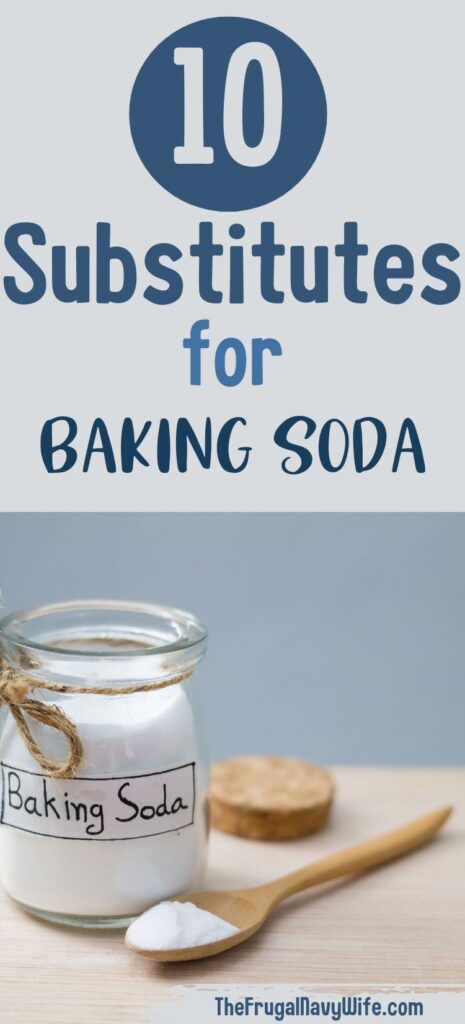




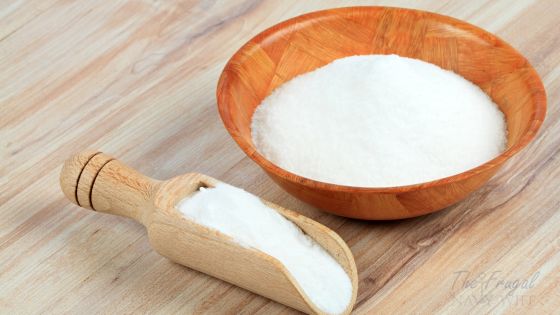
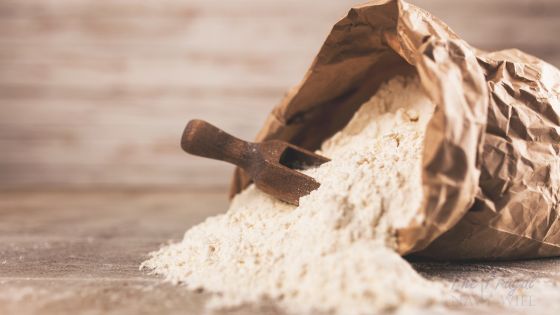
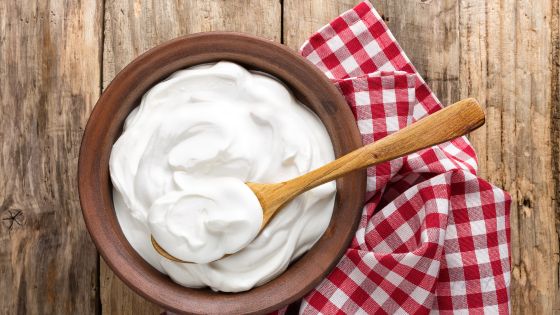
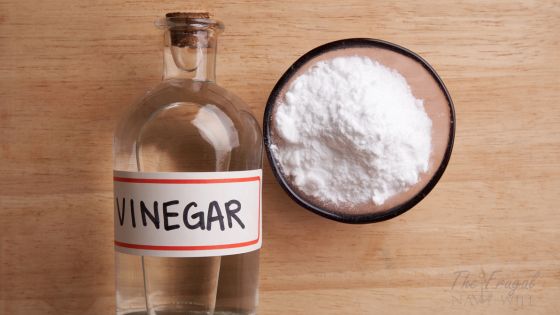
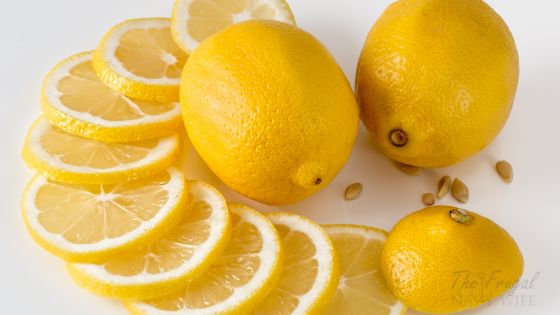
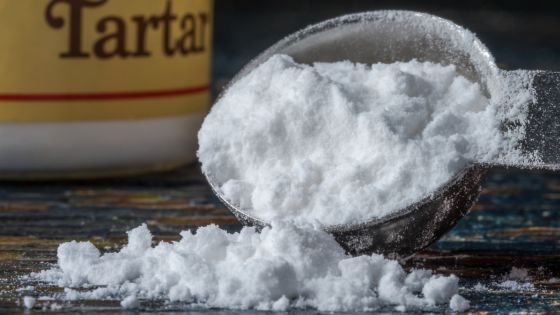

Leave a Reply